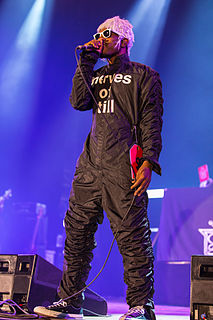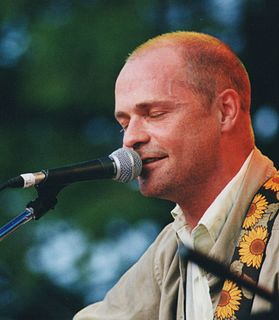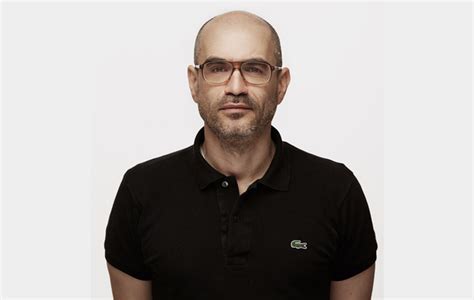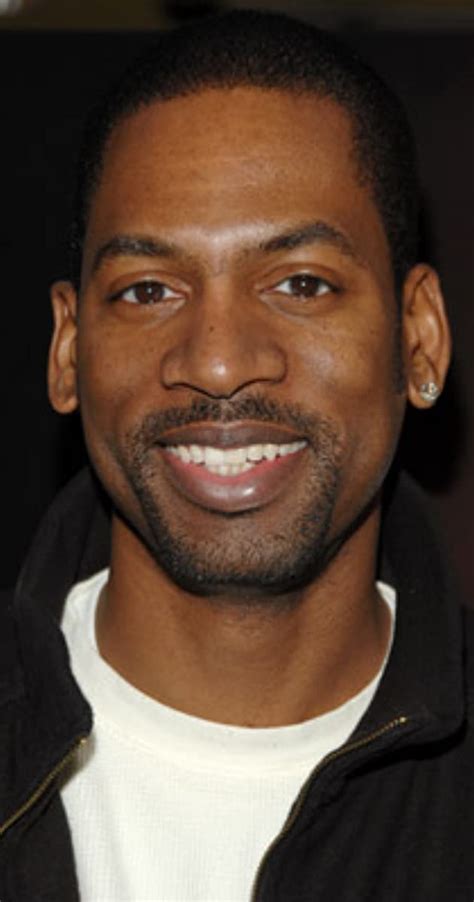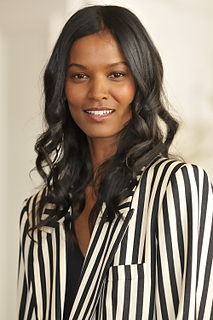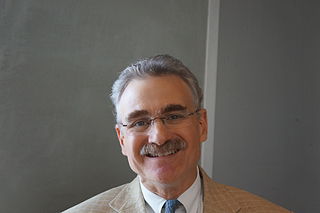A Quote by Andre Benjamin
People see you on screen and they like you, but they never really get a chance to meet you. When you're doing music, you know you have to go sit at in-stores, and you're actually in the street, so there's more of a hands-on kind of thing.
Related Quotes
You know, when you see yourself on a big screen, I tend to watch from behind my hands. There is absolutely the regret. You always get that at the end of every project. That's what's great about theater: at least every night you get the chance to go out and re-offend. I'm endlessly disappointed, which is what propels me into the next project, probably, not to repair the damage but to kind of hopefully keep developing. Otherwise there's no reason to keep doing it, is there?
There have been times in my adolescence where I gave up. I was like, 'I'm just never going to be pretty. I'm never going to be like one of those people on the front of magazines.' It always seemed really strange to me that the projection of how people are in advertisements looked nothing like the people who were actually buying them. You know what I mean? I never understood that mismatch, and now I really start to see that the people you see in the media are a lot more like people actually are.
Los Angeles is Hollywood and Hollywood is Hollywood Blvd. It's the first thing you want to see. It's the only thing really that you know about as far as Los Angeles is concerned. And so you go and you look at Joan Crawford's hands and feet and the whole history of American filmmaking is encapsulated in that one little area on that one street. That street, to me, has always been the street of dream.
It's like so great to be in Toronto and to see everything that's in the books and everything they reference and to be able to hang out in those places and go to those bookstores and those comic book stores and those music stores, and like have that, from the books onto the screen, is so cool and I'm glad to have been part of that.
A considerable percentage of the people we meet on the street are people who are empty inside, that is, they are actually already dead. It is fortunate for us that we do not see and do not know it. If we knew what a number of people are actually dead and what a number of these dead people govern our lives, we should go mad with horror.
That and when you're doing live action you don't normally get to see the thing before it's in production. In this case we'd go in every couple weeks and look at animatic and sketches. The way they do it - is they'll put it up on a screen and the storyboard artist who worked on that sequence will talk you through it. Kind of like a pitch session. Then they would leave and we would sit there with the directors and say 'Alright - what if we change that? What if we do that?' It's very different from live action.
Comedy is a funny thing, and it's really not like any other art form in that it's very specialized and varied in it's content, but generic in it's title. You would never go to a club just to see "Live music," you would go to a jazz club to see jazz, a blues club to see blues, etc. But when you go to see "standup comedy," if you don't know the performers material, you really don't have any idea what you're gonna get.
One of the things I really like about doing work online, and the thing I like about the work I'm doing now, is that I get to meet feminists all the time and I get to read new feminists every day on the blogosphere. And it's really that kind of diversity of thought that informs me more than anything else these days. It's just kind of learning something new all the time. And I kind of love that there's not really a feminist canon; or maybe there is, but it's being changed, that it's a constantly moving canon in the feminist blogosphere. I love that.
Filmmaking materials are in the hands of more people now than ever before. I would like to think that the more people have these tools, the more people will learn how to use them, it's another argument I would argue for, personally, for art's education. Because there are kids who aren't that literate in screen language and they've got to know how people select shots, how people edit audio, how people combine things to make what they see on the screen. It would be like the 15th century or the 16th century in Germany, and somebody amends a printing press and you don't know how to read and write.
